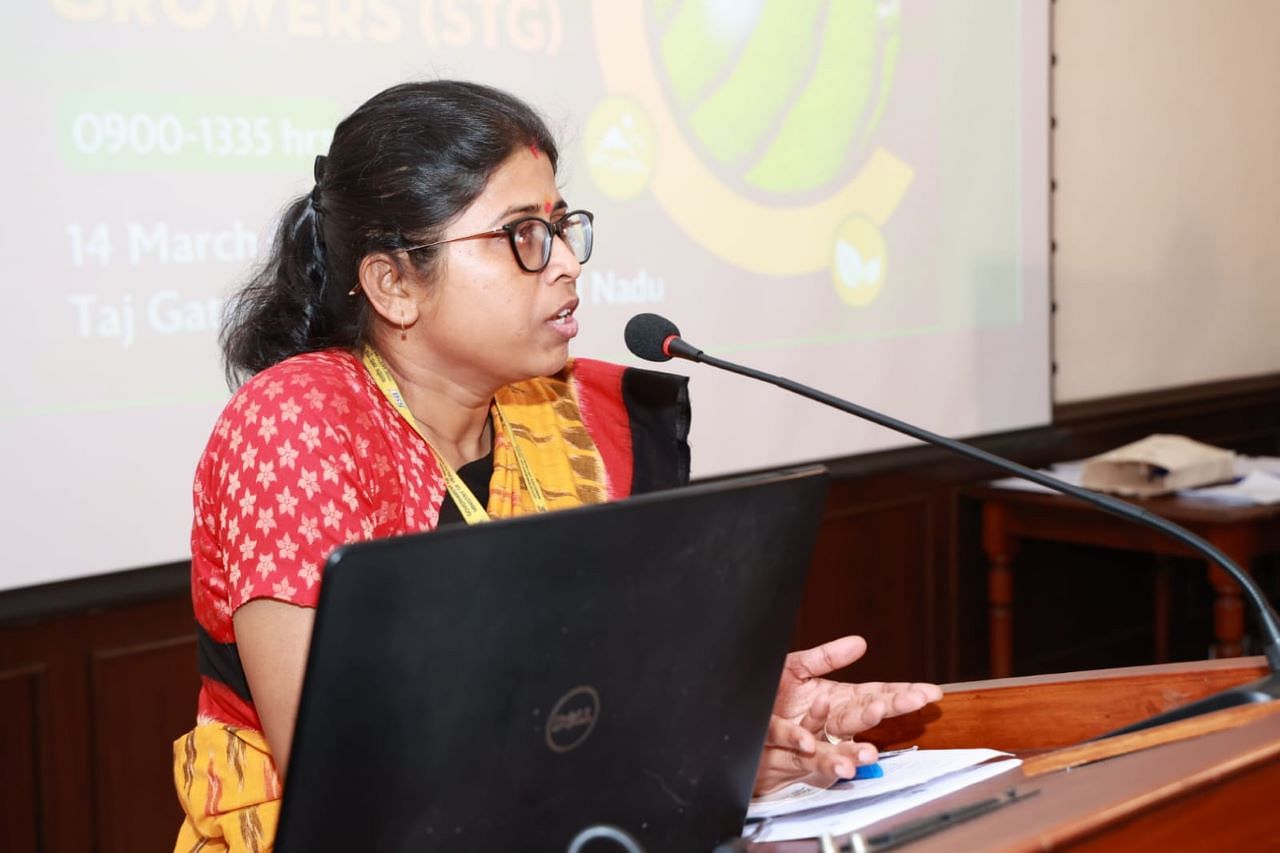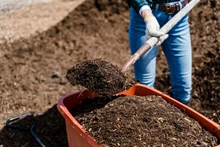
The Food Safety & Standards Authority of India (FSSAI) facilitated an interactive session in Coonoor on March 14, 2024, aimed at ensuring safe and hygienic tea production practices among Small Tea Growers (STGs). Supported by the Tea Board and Confederation of Indian Industry Food and Agriculture Centre of Excellence (CII FACE), the session served to fortify awareness regarding Integrated Pest Management (IPM) and Good Agricultural Practices (GAP) for tea cultivation.
FSSAI's Focus on Maximum Residue Levels (MRLs):
One of the key highlights of the session was the elucidation of FSSAI notifications on Maximum Residue Levels (MRLs) for pesticides. Emphasis was placed on the criticality of adhering to prescribed time intervals between pesticide application and tea leaf harvesting. This aspect was underscored to ensure compliance with safety standards and mitigate potential health risks associated with pesticide residues in tea.
Sensitization of Small Tea Growers:
During the interactive discourse, STGs were sensitized about the imperative of employing pesticides in a manner consistent with FSSAI regulations on MRLs. Thiru. R. Lalvena, Health Secretary & Commissioner Food Safety, Tamil Nadu, lauded the Capacity Building program, affirming the state's commitment to supporting initiatives geared towards enhancing STGs' agricultural practices.
Inoshi Sharma, Executive Director of FSSAI, underscored the necessity of providing ongoing support to STGs in bolstering their adoption of Good Agricultural Practices. This sentiment was echoed by industry stakeholders, emphasizing the pivotal role of mentorship in facilitating sustainable improvements.
Importance of Traceability and Future Initiatives:
M. Muthukumar, Executive Director of the Tea Board (South-India Zonal Office), stressed the significance of traceability within the tea value chain. Recognizing the potential of STGs, particularly in regions like Tamil Nadu, Kerala, Assam, and West Bengal, he advocated for comprehensive support initiatives to enhance productivity and quality standards.
The session witnessed the active participation of over 70 STGs, indicative of their eagerness to embrace safer and more sustainable cultivation methods. Subsequent training sessions, facilitated by experts from CII FACE and industry partners, further reinforced awareness and compliance with FSSAI-prescribed MRLs in tea production.
Looking ahead, FSSAI, in collaboration with CII FACE and other stakeholders, is poised to spearhead extensive capacity-building endeavors across various tea-growing clusters. These initiatives, slated for implementation in key regions like Tamil Nadu, Kerala, Assam, and West Bengal, aim to bolster the quality and safety of tea production, thereby fortifying India's position as a prominent global tea producer.
FSSAI organized an interactive capacity building session on MRL of pesticides in Tea for Small Tea Growers (STG) in Coonoor, Tamil Nadu. The session delved into crucial areas such as MRL compliance, Good Agricultural Practices, Safe Pesticide Use pic.twitter.com/1pPscA7iPg
— FSSAI (@fssaiindia) March 14, 2024











